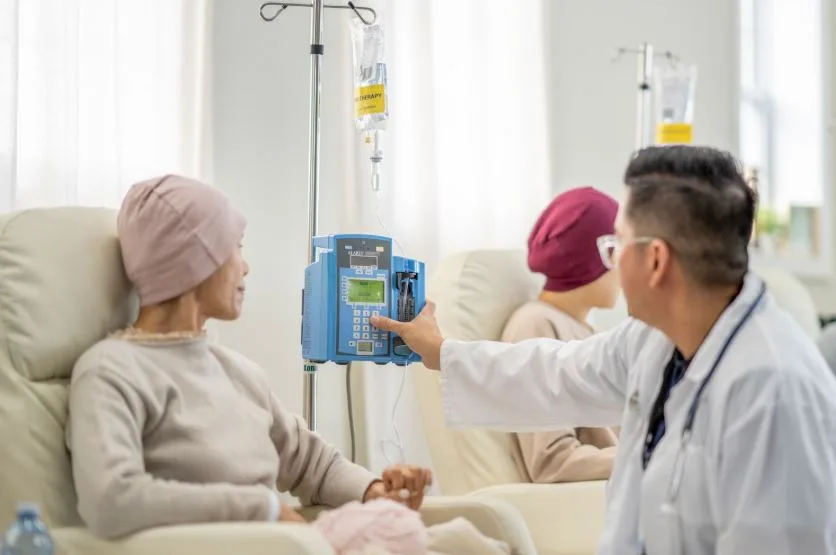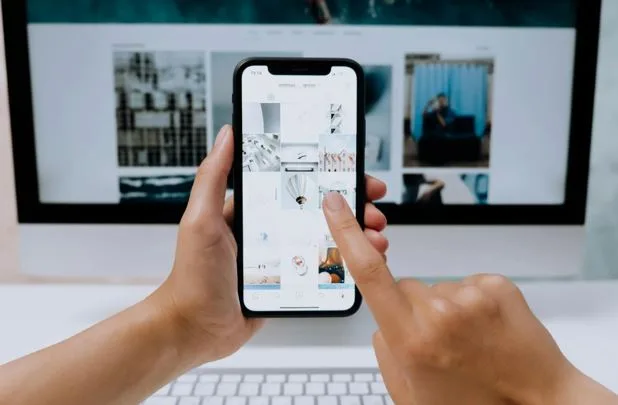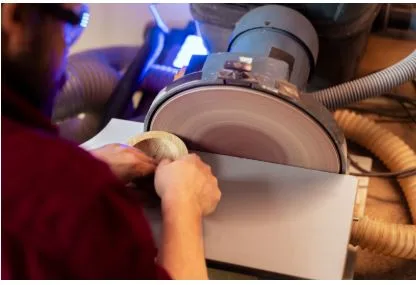Cancer Research Nonprofit Launches Transformative Program to Combat Health-Related Misinformation
Believing the wrong sources of information on medical matters can be perilous for one’s health. According to one study, 2,800 Canadians perished from COVID-19 because they believed misinformation about vaccines and neglected to get vaccinated against the virus. Anti-vaccine beliefs were also responsible for 200,000 cases of COVID-19 and 13,000 hospitalizations in Canada.
Yet the problem of medical misinformation has been around for much longer than the recent pandemic.
“There are lots of sources of this misinformation and disinformation,” says Dr. Mona Jhaveri, founder of cancer research charity Music Beats Cancer, which raises funding for paradigm-shifting cancer research and promising biotech startups. “Some of these sources of misinformation are new, while others have been around for years. Some claims are clearly outrageous, but others sound surprisingly reasonable — until you take a closer look.”
The problem of cancer misinformation
According to Dr. Jhaveri, misinformation and disinformation about cancer have been known to thwart cancer prevention measures and discourage people from getting effective medical care. As a result, they may delay seeking cancer treatment. If the cancer has already gone into metastasis, this can mean interventions like immunotherapy arrive too late.
“Sometimes the myths around cancer feel never-ending,” says Dr. Jhaveri. “For example, many women avoid mammograms because they’re afraid of radiation, but the dose is extremely low and poses no real risk. Others believe a Pap smear can detect ovarian cancer — it doesn’t — so warning signs often go ignored. And yes, some still think you can get brain cancer from talking on your phone. These misconceptions can be dangerous.”
Indeed, research shows that, despite the U.S. Preventive Services Task Force’s recommendation to get a mammogram every other year for women aged 50 to 74, over 20 percent of patients in that category fail to heed this advice.
Another survey indicates that a whopping 70 percent of women erroneously believe that pap smears test for ovarian cancer, a deadly disease that can be addressed effectively in most cases with early detection, but does not currently have a screening test. Instead, pap smears test for cervical cancer alone.
Meanwhile, the World Health Organization recently released a meta-analysis that shows cell phones are not associated with a risk of brain cancer.
The cause: Fragmentation and media bias
Why does the public believe so many false things? Part of the problem is the fragmented nature of today’s media landscape.
“People are increasingly turning to social media, where almost anyone can say anything, and to niche outlets that often reflect a specific bias,” Dr. Jhaveri explains. “Take Joe Rogan’s podcast — it reaches millions. During the pandemic, imagine the impact if he had spotlighted frontline doctors treating patients in overwhelmed ERs. That kind of platform could have helped share critical, firsthand knowledge.”
Since the COVID-19 pandemic, Rogan has become famous for propagating anti-vaccine rhetoric.
Problems like these provoked Jhaveri to launch a new initiative to combat mis- and disinformation and transform the public discourse about cancer.
Combating health-related misinformation
“The healthcare ecosystem has suffered from a lot of negativity and misinformation,” Dr. Jhaveri says. “We wanted to find a way to provide the other side and explain what the healthcare community is doing and why we’re better off. While it’s not a perfect system, more people benefit from it than if there were none.”
Dr. Jhaveri got the initial idea for Music Beats Cancer’s new initiative from conversations with philanthropic foundations. “We kept hearing the same thing from them, again and again,” she says. “They want people to have access to accurate information so they can get the right cancer care. They’re looking for a megaphone to amplify that message. So we decided to create a program that brings all these voices together in one powerful platform.”
Music Beats Cancer created “Patients Speak Truth in 60 Seconds or Less,” a new, highly innovative series of videos in which cancer patients or their advocates — often loved ones like family, friends, or caregivers — take on harmful myths and explain the actual facts according to cancer science and biomedical research.
Patients and families speak
“Many of the patient advocates we feature have lost someone they love to cancer,” Dr. Jhaveri explains. “They’ve lived through the experience. So when they return to everyday life and see how unaware the public is about the realities of cancer, it’s deeply frustrating. They’re driven to share what they’ve learned because it could save lives.”
The nonprofit’s new video series is designed to educate people through testimonials from ordinary people.
“Patient advocates are seen as peers, and peer-to-peer conversations carry real weight,” Dr. Jhaveri says. “That’s especially true today, when trust in institutions, traditional authorities, and experts is eroding. We’re witnessing a moment where even the institutions themselves are being questioned.”
Indeed, Pew Research Center has found that the American public’s trust in scientists dropped 14 points in October 2023 from its level during the pandemic’s early stages. While 57 percent believe science has mostly had a positive influence on society, 34 percent say that science has been equally positive and negative, and 8 percent say that its impact has mostly been negative.
“Peer-to-peer discussion today gets traction that an expert wouldn’t,” Dr. Jhaveri says. “Audiences appreciate informality and being addressed as an equal.”
Get informed and help cancer research funding
When influencers and other thought leaders spread erroneous ideas — whether inadvertently or not — about medical matters on social media and elsewhere, patients suffer. Music Beats Cancer is part of the solution, combating the onslaught of misinformation while simultaneously funding research programs toward future breakthroughs in oncology and biomedical innovation.
To watch the spots, visit Music Beats Cancer’s dedicated page for “Patients Speak Truth in 60 Seconds or Less.” The videos will also be embedded in future episodes of the nonprofit’sYouTube series “After School Tech Talks,” which features children asking cancer researchers questions about their promising technical innovations and treatments.





